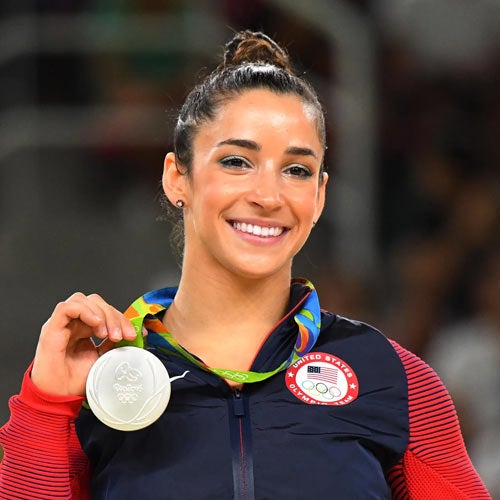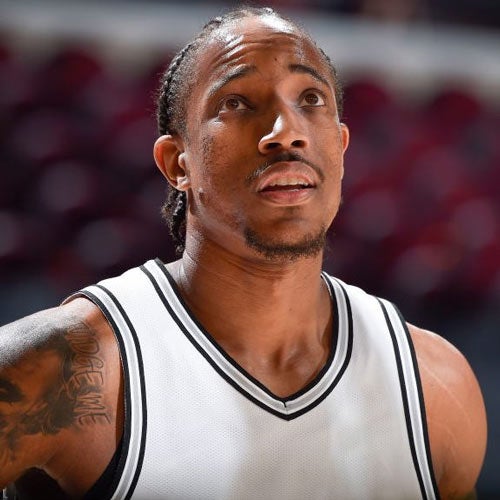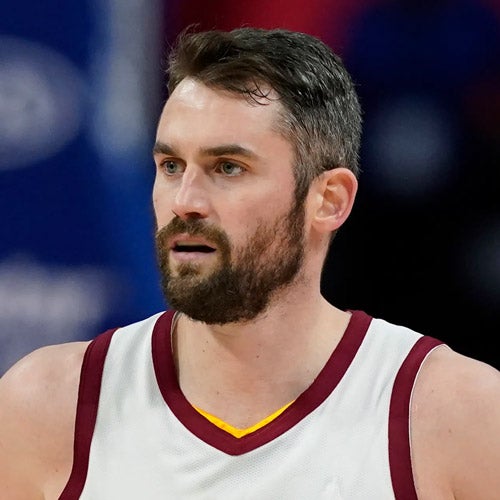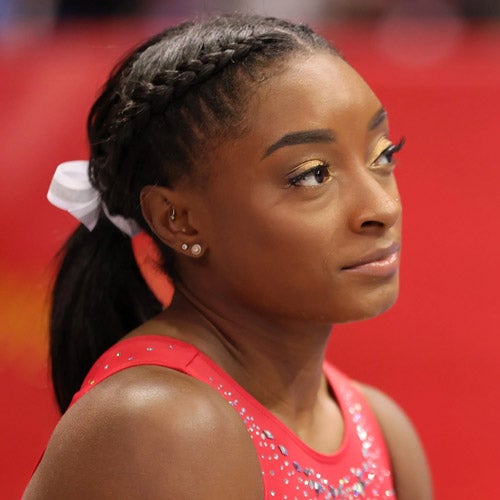CARE is open and offering confidential support for students, faculty, and staff.
To schedule an appointment with an advocate, please click the button below.


Student-athlete survivors may face particular experiences of sexual violence and support on college campuses. Expectations on how to navigate healing and support within athletic environments and challenges with reporting or seeking help within a small team or community can bring about overwhelming questions and concerns. Your experiences as a student athlete are valid and your healing matters.
Project CARE (Census of Athlete Rights Experience) is a two-year project created in collaboration between the World Players Union and Loughborough University that aims to ensure that the rights of child athletes are promoted and protected throughout world sport. The project asked 297 active and former professional athletes to complete a questionnaire in order to understand their childhood experiences in organized sport, and found:
37%
reported having experienced one form of physical abuse at least once as a child in sport.
61%
reported having experienced one form of emotional abuse at least once as a child in sport.
69%
were not always aware they had rights when they were children in sports.
51%
were never aware of a union/player association before the age of 18.
45%
did not feel sport always promoted their mental health.
51%
experienced economic exploitation as a child athlete.
69%
felt that their best interests were not always taken into account.
To learn more about student-athlete survivors, check out these resources:
The Army of Survivors is an organization created by 40 athletes, all of whom are survivors of sexual violence. It strives to bring awareness, accountability, and transparency to sexual violence against athletes at all levels
“Athlete A” is a documentary that highlights some of the challenges that athletes face when they experience violence but also how to create culture change.
Student-athletes have a right to learn, perform and thrive on campus, in departments, and on teams. If you’re struggling with an experience of sexual/relationship violence, CARE is here to support you.
Connect with a CARE advocate or learn about resources that are here to support you.
Bystander Intervention

It’s important as a student-athlete to be an active bystander, not only at parties but also in the locker room and around the team. Like Kevin Love shared, every single person around us is going through something that we can’t see. Student-athletes spend a lot of time around their team and it’s important to be mindful that we don’t always know what our teammates are going through. We always need to speak and act like survivors are in the room. Because even if we don't want to admit it, there probably are. And, as teammates and peers, it is important not to normalize harmful comments. Accountability is one of the biggest aspects (or goals) teams talk about when it comes to competing, but it doesn’t end at practice or a game.
To learn more about how to be an active bystander, check out these resources:
It's On Us has grown into the nation’s largest nonprofit program dedicated to college sexual assault prevention and survivor support activating students on hundreds of campuses in our awareness and education programs.
Watch this video to learn how Highlanders are committing to create a culture of consent, bystander intervention, and survivor support at UCR.
Helping a Highlander is an initiative from CARE that educates the UCR campus community on how to support survivors. Watch these videos to learn more about how you can help other Highlanders.
Practicing Liberation and Self-Care as Student-Athletes

Every person practices liberation differently. From the perspectives of a student-athlete, liberation can mean practicing self-care and reaching out for help before hitting rock bottom. There is a ceaseless stigma that exists in all levels of athletics, and it revolves around the idea that because athletes need physical strength and endurance, it means that strength is automatically conveyed to their mental and emotional health as well. Therefore, if athletes reach out for help, they are considered weak.
It’s important to take care of yourself and do what’s best for you and not what people expect from you. Many times athletes try to fulfill the needs of others, but setting your own expectations is a way to self-care and practice liberation as a student athlete. Finding your own joy and what makes you happy is also an essential element in figuring out how to care for yourself.
Although culture is getting better with normalizing seeking help, especially after many professional athletes are speaking up and starting conversations, a lot of athletes still put success before themselves, sometimes even avoiding situations because if they face the facts, they might get kicked off the team or their teammates will pity them. Like Aly Raisman said, it’s very hard to open up and talk about these things, so it’s important that you find someone you trust.
CARE advocates are here to support you in your self-care and liberation journey.
Set up an appointment to meet with one our advocates.
CARE would like to acknowledge Andriana Kasapi (CARE student staff ’21 and UCR student-athlete) for her dedication to developing this resource page and her leadership in the Athletics community.